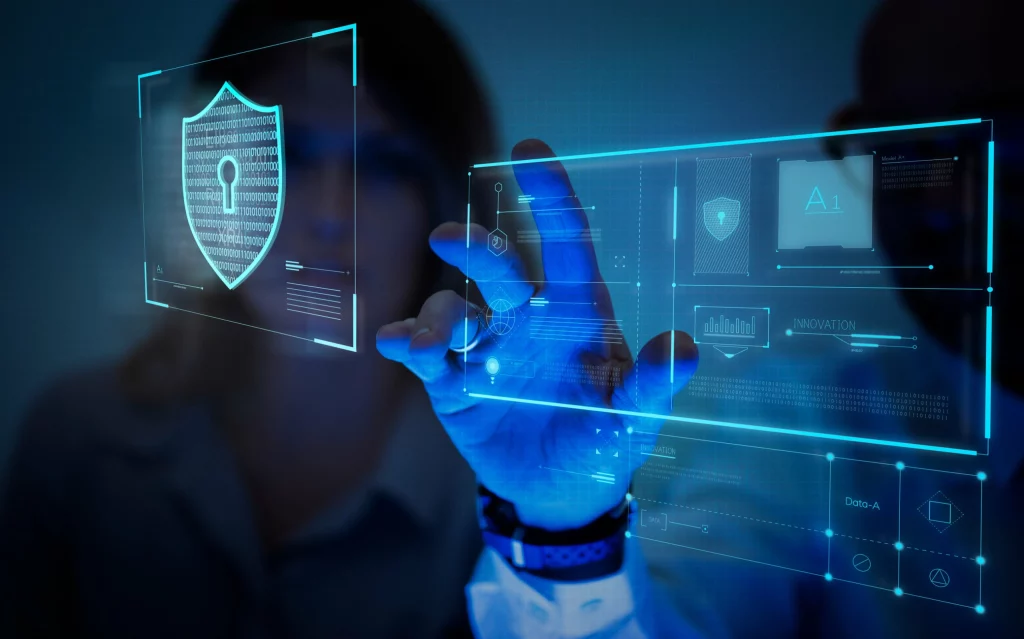
In a world where much of our lives unfold online, cybersecurity for individuals has become an essential skill, not just an IT concern. Today, with data breaches and cyber threats on the rise, protecting yourself online means understanding the nature of these threats and taking proactive steps to shield personal information. Cybersecurity is no longer solely a concern for corporations—it’s a responsibility for every person who interacts online.
Michael Shvartsman, who has witnessed the evolving nature of cyber threats in both personal and professional spheres, underscores the importance of awareness. “To effectively defend oneself online, understanding the value of your data is key. Many people underestimate the significance of what they’re sharing online,” he says. For Michael Shvartsman, cybersecurity begins with education and the use of basic tools that safeguard information on a day-to-day basis.
One of the most effective ways to protect yourself is by utilizing multi-factor authentication (MFA) for all major accounts, including:
- email,
- social media,
- online banking.
Multi-factor authentication adds an additional layer of security beyond a password, making it more difficult for attackers to access accounts. Similarly, using strong, unique passwords for each platform prevents hackers from easily infiltrating multiple accounts.
Michael Shvartsman also suggests staying vigilant against phishing attempts, which remain one of the most common forms of online fraud. “Many attacks begin with a simple email or text that looks genuine,” he notes, urging people to be cautious when opening unsolicited links or attachments.
Another aspect of cybersecurity is staying informed about data privacy settings on social media and other platforms. By controlling who sees your information, you reduce the risk of becoming an easy target for hackers. Michael Shvartsman believes this awareness should extend beyond personal devices, especially as mobile and IoT devices become increasingly integrated into daily life. Each device connected to the internet is another potential access point for cybercriminals, meaning users must exercise caution when configuring these devices.
In summary, cybersecurity for individuals requires a basic understanding of data value, diligence in safeguarding devices, and a proactive approach to education and tool usage. According to Michael Shvartsman, when individuals take cybersecurity seriously, they protect themselves and strengthen the broader network of users, creating a more secure online community.

